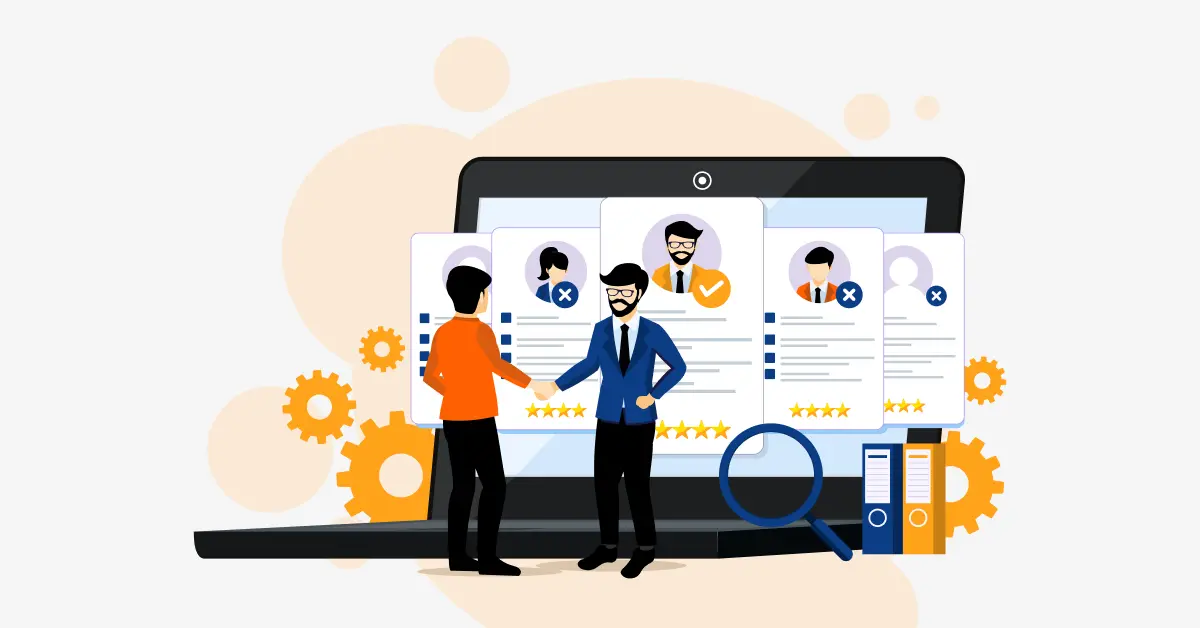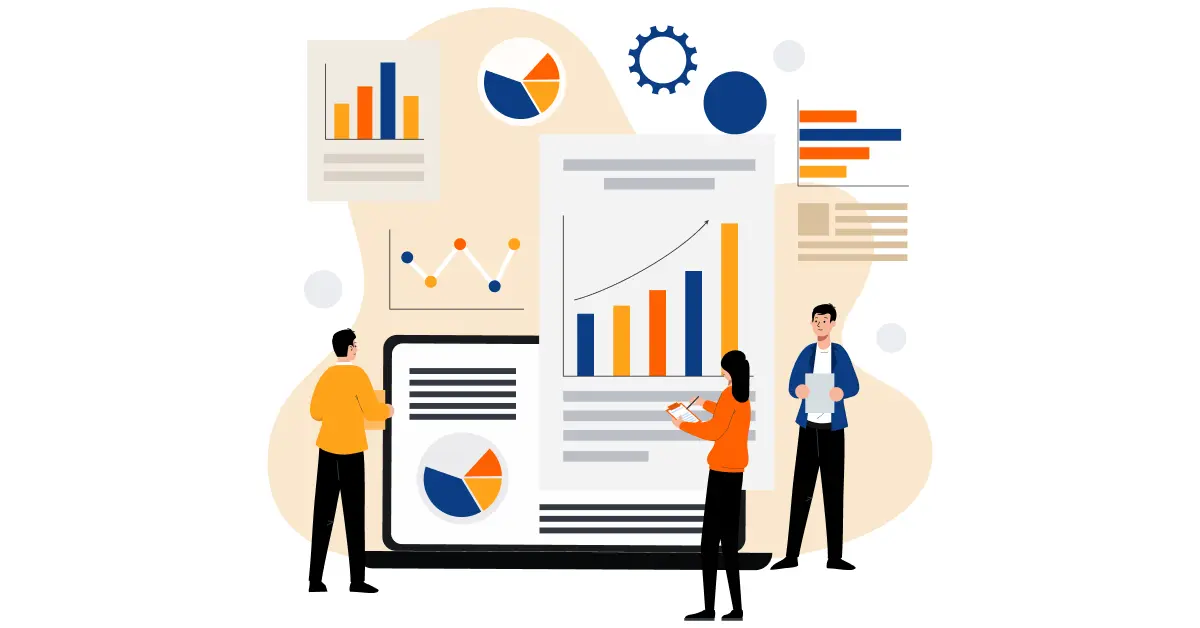Posted on: November 28, 2024
What is Workforce Compliance? How it is important for an Organization?
Get started
In today’s business world, companies with projects are running smoothly, and the teams are performing well. However, when a compliance audit reveals significant issues in the way the workforce operates, this can result in fines and harm to the company’s reputation. Immediate steps to manage workforce compliance can enhance companies’ standards and improve employee productivity. This approach will help a company not only build a good reputation but also continuously improve.
Compliance management is not just about following the rules. It’s ensuring that employees act as per the rules, company policies, and ethical standards. It helps keep business operations safe, efficient, and trustworthy. Strong compliance systems protect sensitive information, build trust, and create a better workplace.
This article will explain workforce compliance, why it matters, and how organizations can succeed because of it.
Table of contents
What is Workforce Compliance?
Workforce compliance refers to the processes and systems used by a company to ensure all employees follow the law, the industry’s standards, and the company’s rules. These include labor laws, data security rules, workplace safety, and ethics policies. It also refers to training employees to follow both legal rules and company values.
Compliance plays a significant role in running an appropriate workforce. This involves checking employee performance, ensuring fair treatment to all, and keeping information confidential. Strong compliance systems protect sensitive information, build trust, and create a better workplace.
New technology allows companies to better utilize workforce data analytics and employee monitoring to make compliance easier. These tools can track performance, time, and rule-following by employees while also supporting the company’s goals.
Why is Workforce Compliance Important?
It isn’t just a legal requirement; it is important for maintaining an organization’s long-term health and success. This list enumerates various reasons for its importance.
1. Legal Protection
Non-compliance can lead to huge fines, lawsuits, or even the closure of a business. Workforce compliance ensures that your company does the right thing legally, does not get sued, and saves the company’s reputation.
2. Information Security
In today’s digital world, data security is absolutely crucial for any company. In 2017, Equifax faced one of the biggest data breaches in the world involving the personal information of nearly 147 million people of one of the biggest credit-reporting companies. Hence, workforce compliance helps to protect a company’s sensitive information.
3. Increased Employee Monitoring
A strong compliance system helps monitor employee computer activities fairly and effectively. It ensures employees follow workplace rules and builds transparency and accountability, creating a more trustworthy and responsible work environment.
4. Lower Employee Attrition
It would make employees feel safe and respected to have a workplace governed by rules and ethics. Such employees are happier with their jobs and less likely to quit, thereby saving time and money on hiring new employees for the company.
5. Smoother Workforce Management
Workforce compliance is essential for efficient workforce management. It helps align employee actions with company goals, boosting productivity and streamlining workflows. This also helps employees to decrease burnout and work effectively.
6. Enhanced Reputation and Credibility
Companies that handle compliance well earn trust from employees, clients, and stakeholders. Ethical practices and legal compliance improve a business’s reputation and add a competitive edge toward building high credibility.
7. Proactive Risk Mitigation
Good compliance management helps businesses find risks, safety problems, or mishandling of important data. Correct management of compliance helps companies identify potential risks that would cause problems, like workplace safety violations or mishandling of sensitive data.
How Does Leapmax Help Maintain Workforce Compliance?
Managing compliance is time-consuming and always prone to mistakes, and this mainly happens when companies deal with a large work culture. Even the most careful teams might find it difficult to follow the changing rules and data protection needs. Keeping compliant and important information safe is challenging.
This is where technology, like employee productivity and monitoring tools, comes in. Solutions like Leapmax simplifies compliance, improving efficiency and accuracy in compliance management.
Leapmax is a high-end employee productivity and monitoring software designed to handle workforce compliance management. It tackles compliance challenges by automating key tasks and offering real-time insights. Here’s how This employee monitoring tool makes a difference:
1. Employee Monitoring
This tool allows managers to monitor employee computer activities in real time without disrupting work. It promotes the right behavior by helping employees follow company policies and guidelines through simple compliance monitoring.
2. Accurate Time Tracking
Time tracking is crucial for managing compliance for companies with remote teams or flexible work schedules. This time tracking tool ensures accurate tracking of work hours, breaks, and attendance, reducing errors in payroll and work hours.
3. Workforce Data Analytics
This tool uses data analytics to help organizations spot patterns, trends, and potential compliance risks. According to a study by Exploring Topics, 91.9% of organizations report gaining measurable value from their data analytics investments in 2023. Workforce data analytics can also improve employee productivity.
4. Better Data Safety
Data security is another important aspect. This tool ensures that employee data is handled securely by employing encryption and activity tracking for regulatory purposes and risk reduction.
5. Decreased Attrition of Workforce
Leapmax fosters a culture of transparency and fairness, reducing employee turnover. Employees feel more secure and valued in a workplace that prioritizes employee ethical monitoring and compliance, improving overall workplace satisfaction.
6. Simplified Compliance Management
With this compliance management tool, tasks such as creating reports and monitoring rules are automated, saving time and making work more accurate. This allows businesses to focus on growing and supporting their employees by simplifying such tasks.
7. Wider Remote Workforce
Managing remote teams and ensuring compliance is challenging, especially when obstacles arise. This tool comes with modules to track and observe remote employees, ensuring compliance while enhancing engagement and reducing turnover, regardless of location.
8. Building a Culture of Compliance
Workforce compliance isn’t just about tools and processes. It also involves creating a working culture of accountability and ethics. When employees share responsibility for compliance, the workplace becomes more organized and productive. Tools like Leapmax can simplify compliance for both managers and employees.
Conclusion
Workforce compliance is crucial for running a successful organization. It ensures legal protection, data safety, and an ethical workplace. It builds trust, reduces employee turnover, and aligns employee actions with company goals. While it may seem challenging, solutions like Leapmax make it easier.
It offers everything needed for an efficient work environment, from employee monitoring and time tracking to workforce analytics. It tackles compliance challenges, boosting productivity and trust among teams. Compliance is not just a regulatory requirement—it’s a strategic advantage. By adopting employee productivity tools, organizations can streamline compliance, protect sensitive data, and build a positive workplace culture. Prioritizing compliance sets your business up for sustainable growth and success.







